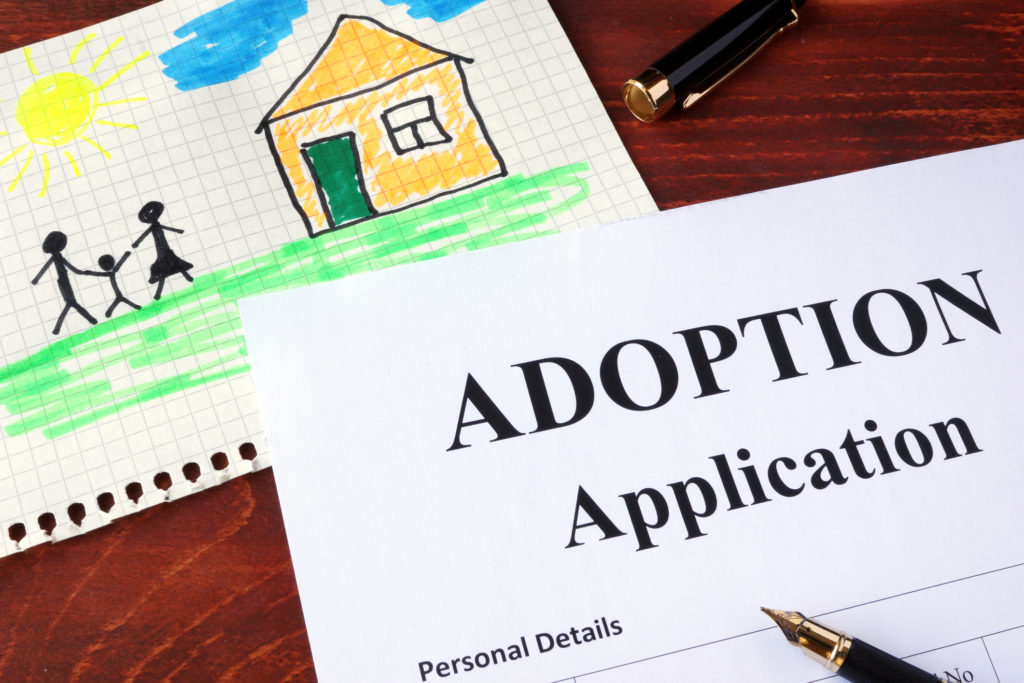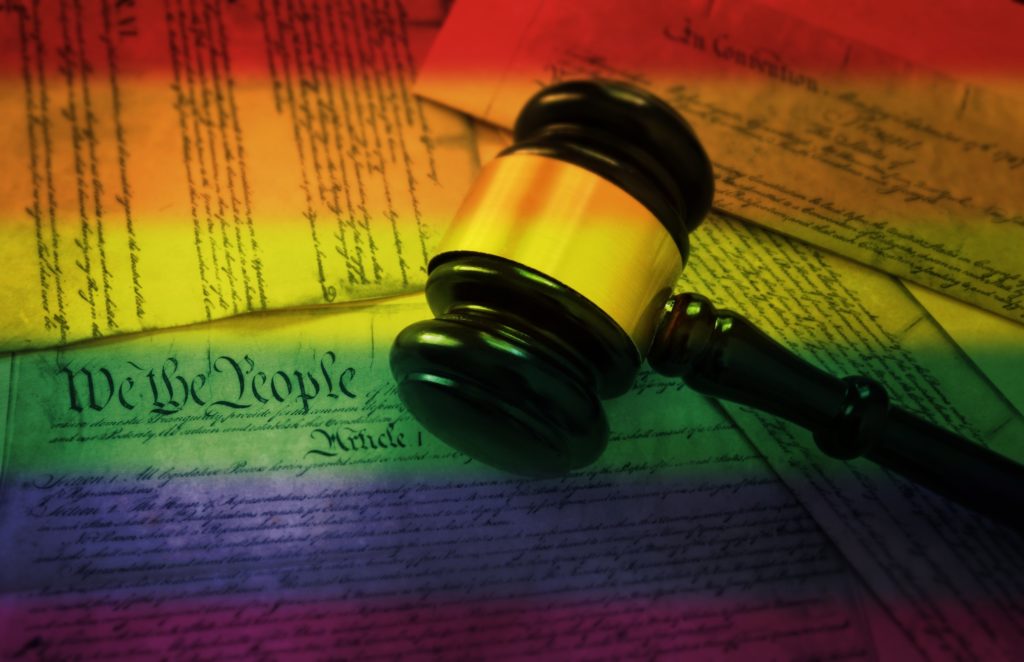The United States federal government has had a complicated relationship with Native American tribes; when it comes to foster care, that relationship can become even more strained.



She’s speaking about her now-adopted son Nick, 15, a young man who, after spending seven years in foster care, has come to find his forever family with Dr. Reeder thanks to a new online matchmaking service known as Family-Match.
Continue reading

What do these distinctions mean? According to the Child Welfare Information Gateway, nonidentifying information includes (but is not limited to) the adoptee’s date and place of birth, physical descriptions of birth parents and their education levels . For almost every state, nonidentifying information is available to adoptive parents or adoptees, and roughly 26 states make similar information about the child available to birth parents.
Continue reading

The amendment, introduced by Rep. Robert Aderholt (R-AL), would not only prevent states from taking action against agencies that decline to provide services based on their religious beliefs but also would direct the federal government to withhold 15 percent of federal funding from any state that refuses to allow discrimination to take place.
States like New Jersey, California and Rhode Island with laws preventing discrimination on the basis of sexual orientation and gender identity are at risk of funding cuts if the new amendment remains part of the final funding bill for the Departments of Labor, Health and Human Services, and Education.
Continue reading

However, while the number of children in care across the country rose by more than 10 percent between 2012 and 2016, including a 15 percent increase in children waiting to be adopted, the adoption rate failed to keep pace. What makes these statistics more troubling is that nearly half of those waiting to be adopted are legally free.
Continue reading
Two opposing bills have been sent to Congress to determine whether faith-based foster care agencies are required to place children with families who don’t share their religious beliefs. LGBT rights advocates have proposed the Every Child Deserves a Family Act. It would prevent agencies receiving federal funding from denying foster care placements or adoption to members of the LGBT community and allow the Department of Health and Human Services (HHS) to withhold Title IV funding to states that don’t comply. The other bill in Congress proposed by religious advocates, the Child Welfare Provider Inclusion Act, would protect agencies from losing state funding for only providing service to those who share their religious beliefs.
Continue reading